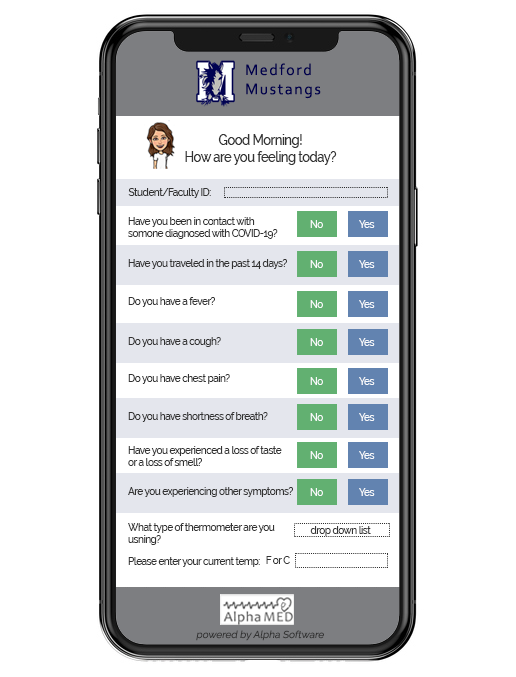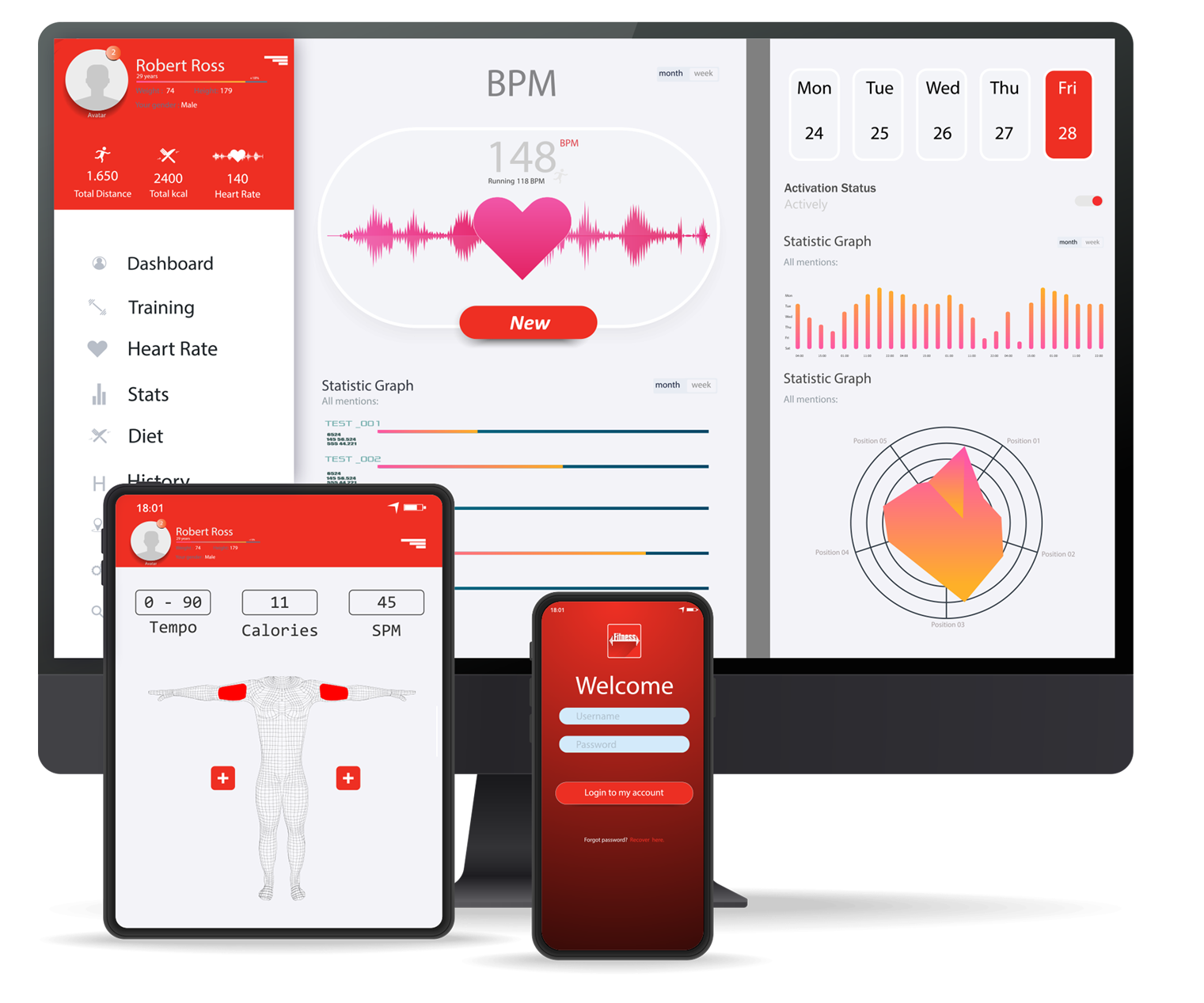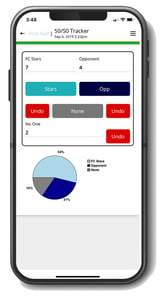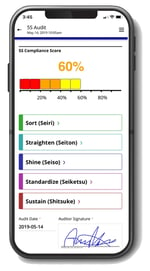For a long time, if you wanted to automate your business’s processes, traditional development was the only option. That was not affordable for many business until today’s low-code platforms came along. So, what is low-code?
The low-code approach allows users to create applications that automate routine tasks without hand-coding. Low-code platforms are affordable, which makes them more accessible for businesses, especially smaller ones. Drag-and-drop interfaces, reusable components, and visual modeling allow technical and non-technical employees to quickly create and deploy solutions.
Even for employees who have minimal coding knowledge, it is relatively easy to learn low-code platforms. Both individuals and teams can work on rapid application development that contribute to a company’s digital transformation.
According to Gartner, by 2024, more than 65% of application development will be done by low-code platforms. The number of applications created will also increase dramatically. Between 2018 and 2023, over 500 million apps will have been created. That's more than in the last 40 years combined.
Low-code platforms have embedded code that allows users to create solutions without typing out code for every command or action.
In the last 20 years, the availability of low-code tools and technologies has skyrocketed. As a result, IT departments are able to focus on building diverse and complex applications and workflows.
As low-code environments and applications have evolved, so has IT. Here are several reasons why low-code development’s importance continues to grow:
Modern low-code platforms streamline software creation throughout the development lifecycle, from version control to software testing to change management.
Low-code platform users expect not only to design an application quickly, but to scale easily, and build solutions securely.
Some low-code and no-code platforms have point-and-click and drag-and-drop components. This enables developers to build applications visually resulting in faster to launch times.
Most of the benefits come from developing specific solutions that focus on:

In addition, low-code platforms are designed to offer IT and development teams the option to add custom code when required. Here are some crucial features of low-code platforms:
Low-code's visual development approach makes it easy to create applications and configure process logic and business rules into intuitive formats.
Using low-code platforms, developers can meet tight delivery deadlines and urgent business requirements.
Here are a few additional critical features that low-code platforms should have:
Companies are constantly striving to improve their customer experience. Using low-code platforms provides the opportunity to create targeted, customer-centric applications. Here are some other benefits:



In the case of typical start-ups, the founders are the drivers of innovation. They understand the business processes and problems that need resolving.
In large companies, this responsibility is often the employees’. Training employees to become citizen developers empowers them to devise novel solutions.
Citizen developers are closest to the business, so have a keen understanding of its processes. So it’s more likely that they will come up with some great ideas. By improving the technical skills of your workers, you are unleashing innovation into your organization.
There is a greater demand for digital skills in today's professions. Companies benefit as much as their employees do when they train them to become citizen developers. Businesses rely on low-code to empower their employees to prototype systems and understand how technologists think.
As more twenty to thirty-year-olds enter the workforce, this increases the scope for innovation. Learning how to build an application or automate a process is second nature to most of them.
With a workforce made up in part of citizen developers, companies can bridge the tech skills gap. For example, the CIO of a manufacturing company can leverage a low-code platform to create high-quality applications.

When choosing a low-code platform from the myriad on the market, you must know what you need it for. Some questions to consider when doing your research could be: Will the platform help you achieve your application delivery goals? Or, will the platform help you build applications to solve a specific problem?

Be sure that the low code software platform you select fits the experience level of the people developing the apps.

Low-code platforms should speed up application development and easily support extensions. When exploring the low-code market, consider multiple use cases and app development requirements. Understand what a platform can or cannot do, as well as its scope, strengths, and weaknesses.
Choosing a low-code platform for one use case doesn’t mean it will be suitable for all. Platforms are built for different users. Some platforms that market themselves as low-code require minimal programming skills that are best suited for professional developers.
Some platforms call themselves no-code. No-code is suitable for users without any programming knowledge and not typically used by professionals. These allow business users to develop and support application development. However, there are platforms that are suitable for both citizen developers and professionals.
There is an exhaustive list of what to look for in a low-code platform. Here are some additional critical points to bear in mind:

Another crucial consideration is reviewing DevOps capabilities especially for supporting the development lifecycle across dev, test, and other environments. In addition, it permits an agile development process with connections to tools that manage backlogs and roadmaps.
There are some important things to know about low-code platforms and app makers. Our top six of these are:








You'll find Alpha Anywhere is the best low code development software for building web and mobile apps for business. We've made it easy get started with the Alpha Anywhere Community Edition app maker, a full featured and FREE low-code development environment. We have a team of experienced app designers and developers, and offer mentoring and tutorials on how to build mobile apps.
The Alpha platform is the only unified mobile and web app development and deployment environment with distinct “no-code” and “low-code” components. Using the Alpha TransForm no-code product, business users and developers can take full advantage of all the capabilities of the smartphone to turn any form into a mobile app in minutes, and power users can add advanced app functionality with Alpha TransForm's built-in programming language. IT developers can use the Alpha Anywhere low-code environment to develop complex web or mobile business apps from scratch, integrate data with existing systems of record and workflows (including data collected via Alpha TransForm), and add additional security or authentication requirements to protect corporate data.
Alpha Software Corporation, based in Massachusetts, produces award-winning software that speeds mobile and web app development and deployment for business and IT. The core technology includes two components. Alpha Anywhere®, a full-stack low-code app development platform for building and deploying web and mobile apps. In just hours, Alpha TransForm® turns complex paper forms into powerful mobile forms that speed data collection.
Alpha Software is an InfoWorld Technology of the Year award winner, and scores near-perfect reviews from customers on crowdsourced review sites.
Customers rate Alpha Software highly for its speed of development, flexibility, offline apps, rich feature set and ability to scale predictably. For more information, visit https://www.alphasoftware.com/